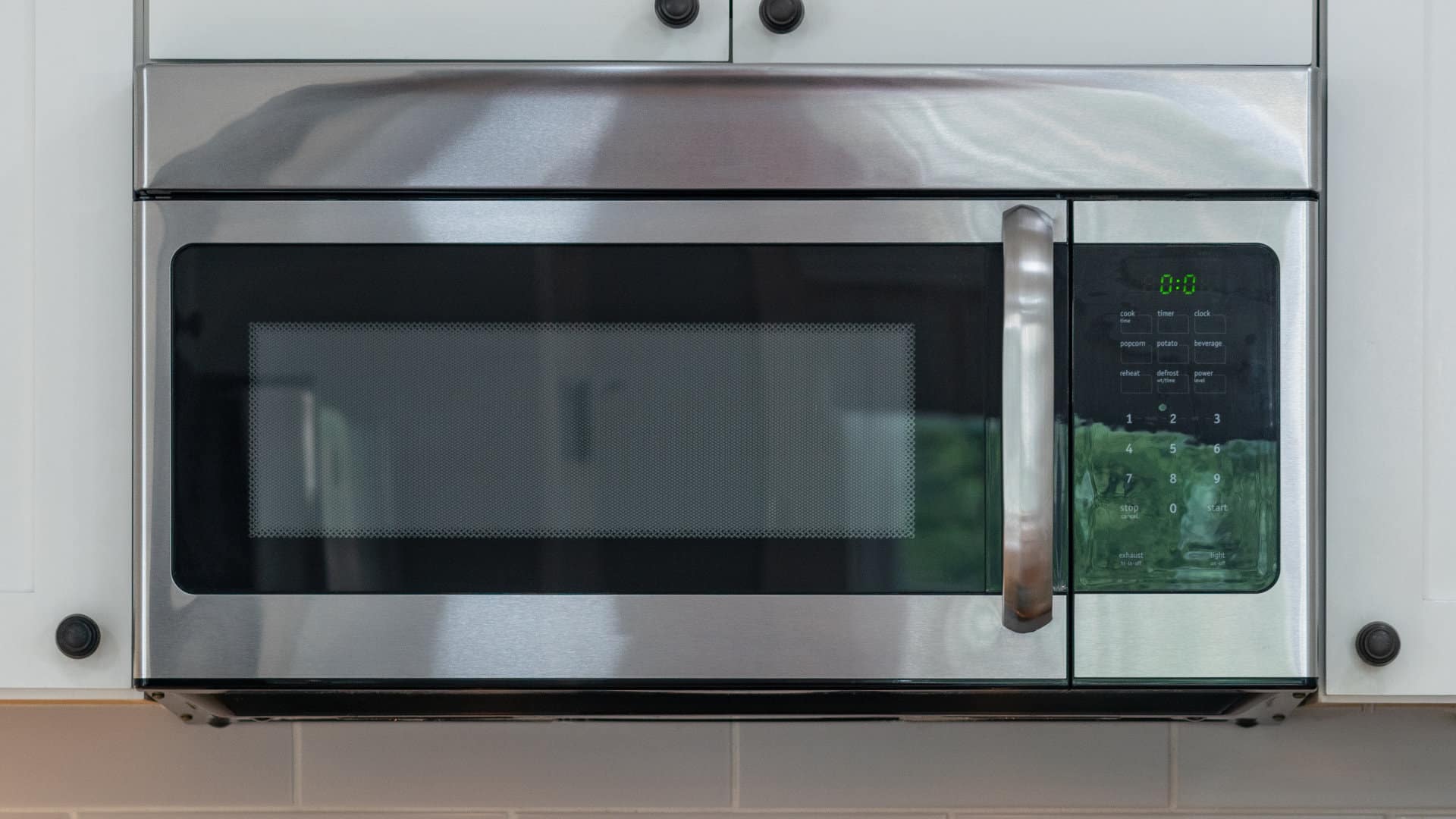
If you love fresh, crunchy vegetables, it can be super frustrating when your produce starts to go bad in the fridge before you even have a chance to eat it. It may feel like you just bought your veggies from the store, and already they look wilted or worse, moldy. But don’t despair—you have plenty of ways to keep your fruits and vegetables fresher for longer in the fridge. With some careful planning and following these five tips, you’ll be able to enjoy ripe, tasty vegetables instead of wilted ones every time.
How to prevent vegetable spoilage
Keeping your vegetables from spoiling begins in the store with proper selection. When purchasing vegetables, choose ones that are firm, have no bruises or blemishes, and have vibrant colors. Avoid buying too many vegetables at a time as this can lead to overcrowding in the fridge and increased spoilage. Never mind the pressure of having to eat them all.
Ensure that your fridge is set to the appropriate temperature for your veggies. The ideal temperature for vegetable storage is between 35 and 40°F (1 and 4°C). Regularly check the fridge temperature to ensure it remains within this range. The temperature of your refrigerator can change with the seasons or depending on how packed your refrigerator is.
You should always store your vegetables in airtight containers. Different vegetables require different levels of moisture and air circulation, and limiting their air exposure helps keep them balanced.
Lastly, practice the “first in, first out” principle. Arrange your fridge in a way that allows you to use the oldest vegetables first. This helps prevent forgotten vegetables from spoiling and ensures that you maximize the freshness of your produce.
1. Use paper towels to absorb moisture and keep vegetables from wilting.
Do you want to avoid your vegetables wilting before you have a chance to use them? Fear not, because paper towels are here to save the day.
By placing a few paper towels in your vegetable storage container or bag, you can absorb excess moisture and keep your veggies fresh for longer. This technique works wonders for greens like lettuce and spinach, which typically wilt quickly.
No vegetable storage container? No problem; place the paper towels directly on top of the vegetables in the packaging they came in. It’s a quick and easy way to extend the life of your produce and ensure you get the most out of your grocery trips. Give it a try and see the difference it can make!
2. Wrap delicate vegetables in a damp paper towel for extra freshness.
Some vegetables are more sensitive than others. If you find that your bell peppers, cucumbers, and zucchini tend to go limp, wither, and become unappetizing quickly, you can use a simple trick to help. Wrapping your delicate vegetables in a damp paper towel can give them a boost of freshness that will keep them crisp and flavorful for longer.
The moisture from the towel helps hydrate the skin while allowing air to circulate so they don’t get soggy. It’s an easy and inexpensive way to make the most of your produce and ensure that your salads and dishes are always deliciously fresh.
3. Refrigerate ripe fruits, such as bananas, separately from other produce.
When it comes to storing produce, it’s essential to keep in mind that different fruits and vegetables require different environments. Ripe fruits, like bananas, are best stored on the counter and away from other produce.
Why is this? Well, ripe fruits release a gas called ethylene that can cause other fruits and veggies to ripen faster than they should. This can result in premature spoiling and an overall shorter shelf life.
By giving your ripe fruits their own space, you’ll be able to keep them fresh and tasty for much longer.
4. Invest in quality storage bins that allow air circulation to prevent spoilage.
Investing in quality storage bins is crucial for avoiding spoilage of your food items. Not only should they be able to accommodate your vegetables but they should also be designed to allow proper air circulation.
Adequate ventilation helps regulate the temperature and humidity, which creates an optimal environment for keeping food fresh. With the right storage containers, you can extend the shelf life of your food, eliminate wastage, and prevent the growth of bacteria.
In the long run, this not only saves you money but also ensures that you always have fresh veggies on hand whenever you need them.
5. Remember that not all vegetables belong in the fridge.
As the seasons change, so does the availability of fresh produce in grocery stores and farmer’s markets. One common mistake that many people make is assuming that all vegetables should be stored in the refrigerator to keep them fresh for as long as possible.
However, certain vegetables actually should never be stored in the fridge. For example, potatoes and onions should be kept in a cool and dry place like a pantry or cupboard as the moisture in the fridge can cause them to become soft or sprout. Tomatoes, avocados, and bananas should also be kept out of the cold as cooler temperatures can cause them to lose flavor and texture.
Knowing how to properly store your veggies can make a big difference in their quality and flavor, so don’t be afraid to experiment with different methods!
Final thoughts
All in all, taking the appropriate steps to store your produce dramatically extends its shelf life and saves you money in the long run. It takes some extra thought and effort, but considering how quickly fruits and vegetables can go bad, it’s well worth it.
Try these strategies for properly storing fruits and vegetables to ensure that what you buy today is still edible a week later.
Additionally, look into buying high-quality vegetable storage containers as this will minimize spoilage by providing your veggies with the right type of environment and moisture they need.
Lastly, take advantage of smart fridge features like spoilage tracking apps that keep track of how long food has been stored and remind you when to throw out expired food. This will also aid in keeping your fridge organized and clutter-free. Ultimately, putting forth effort now is guaranteed to pay off later; healthy eating starts with proper storage!
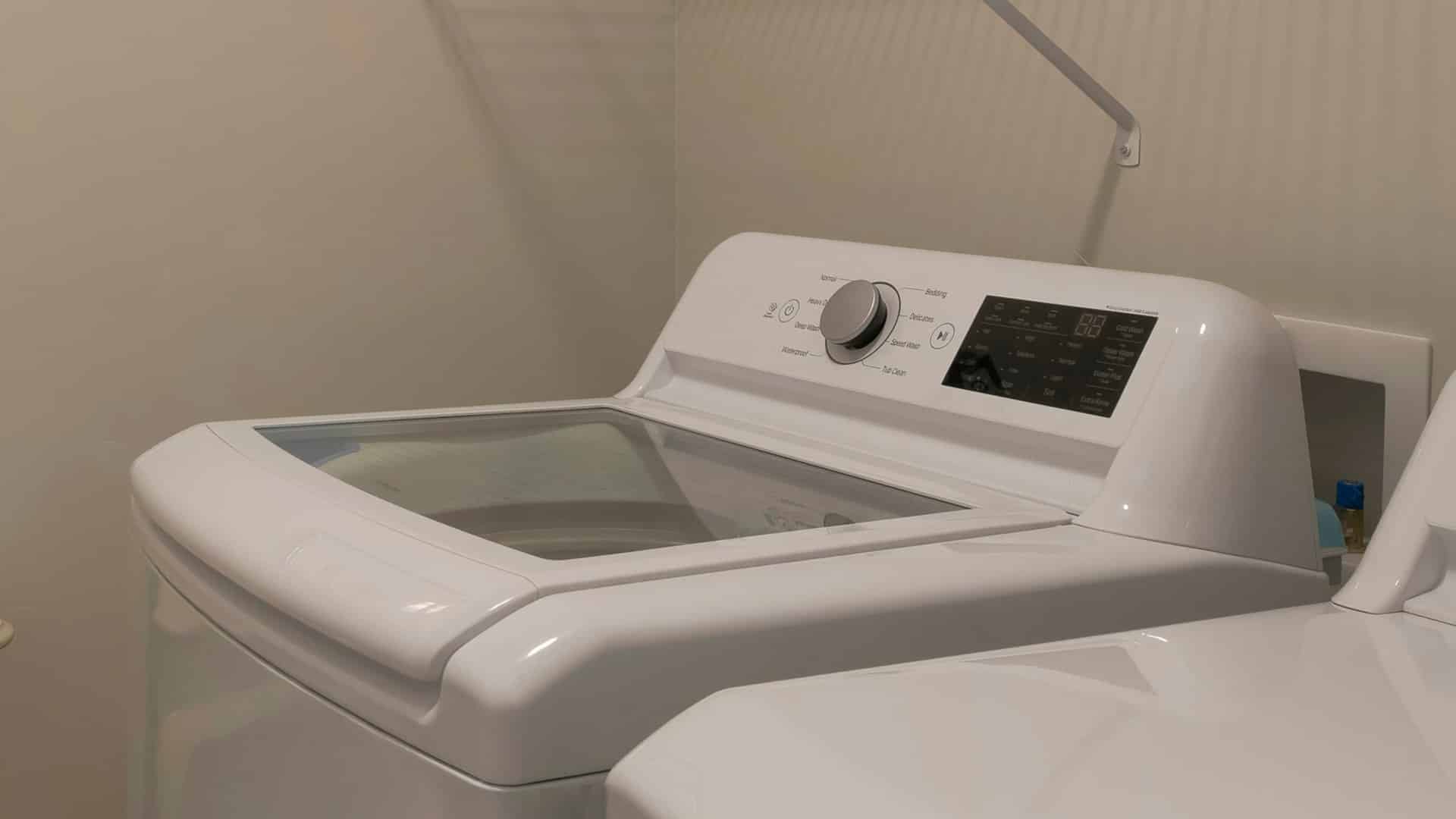
GE Washer Not Spinning? Here’s The Fix!
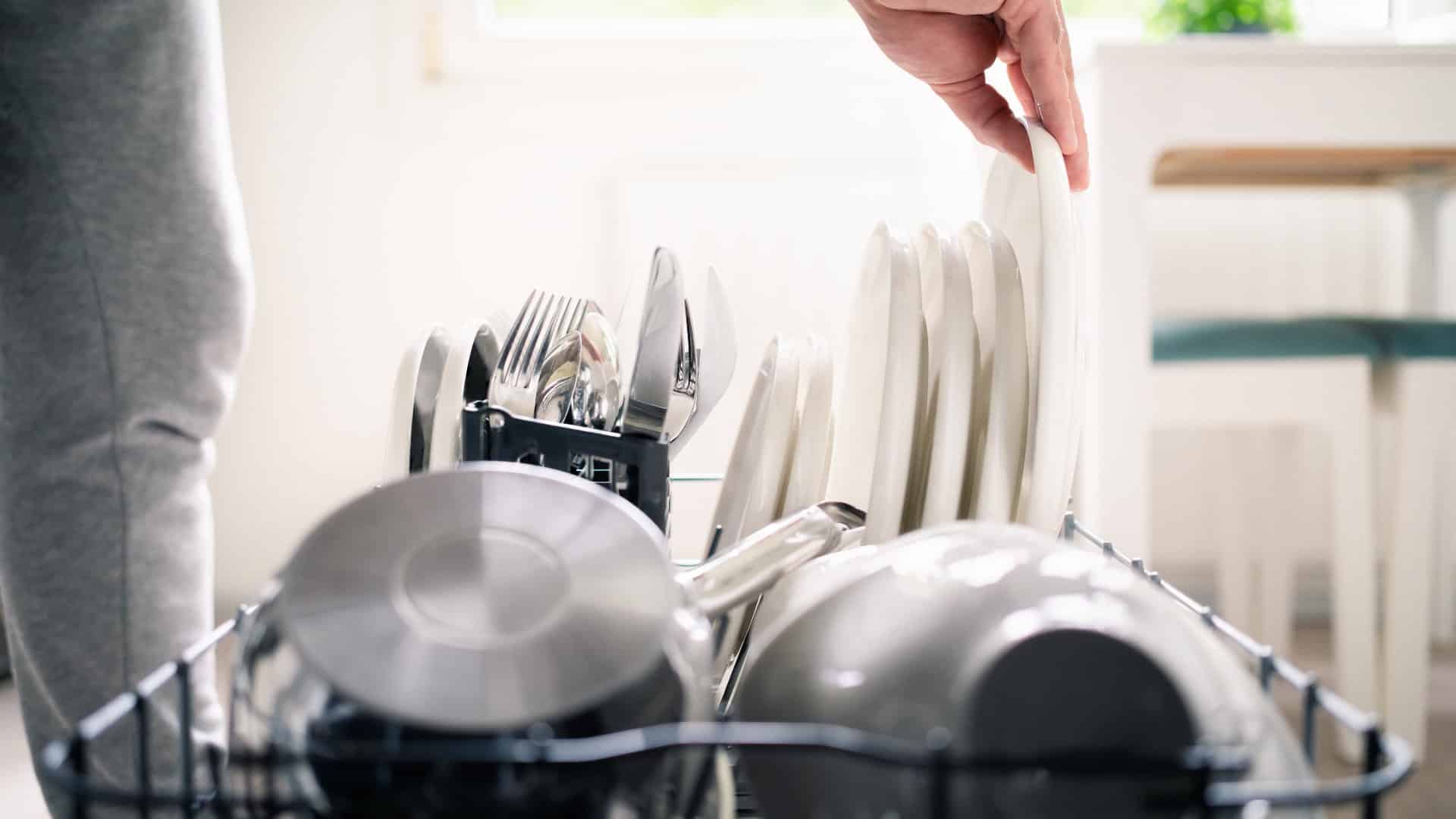
How to Restore Power to Your GE Dishwasher
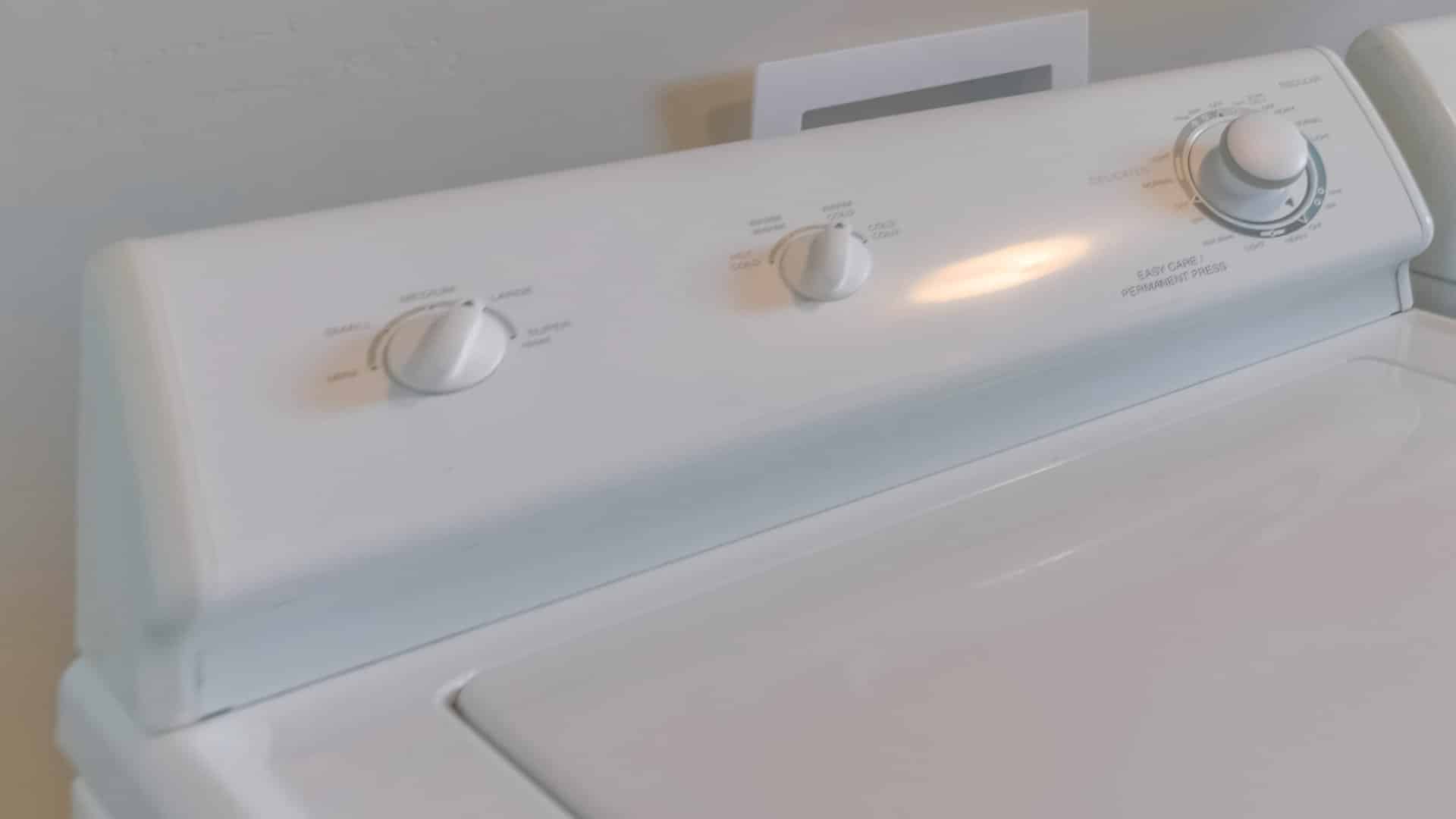
How To Reset Your GE Washer Top Loader
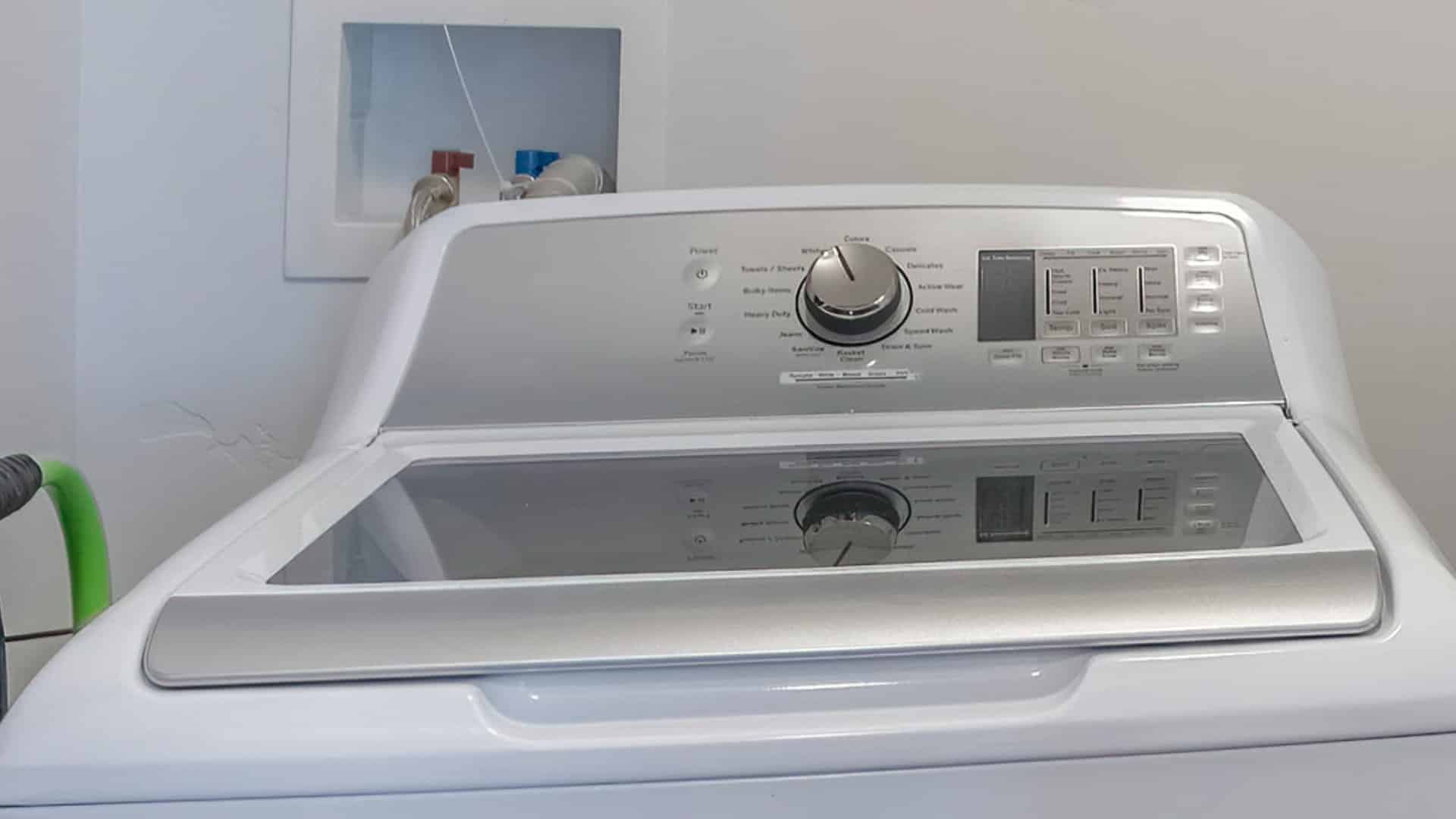
Understanding Whirlpool Washer Error Codes
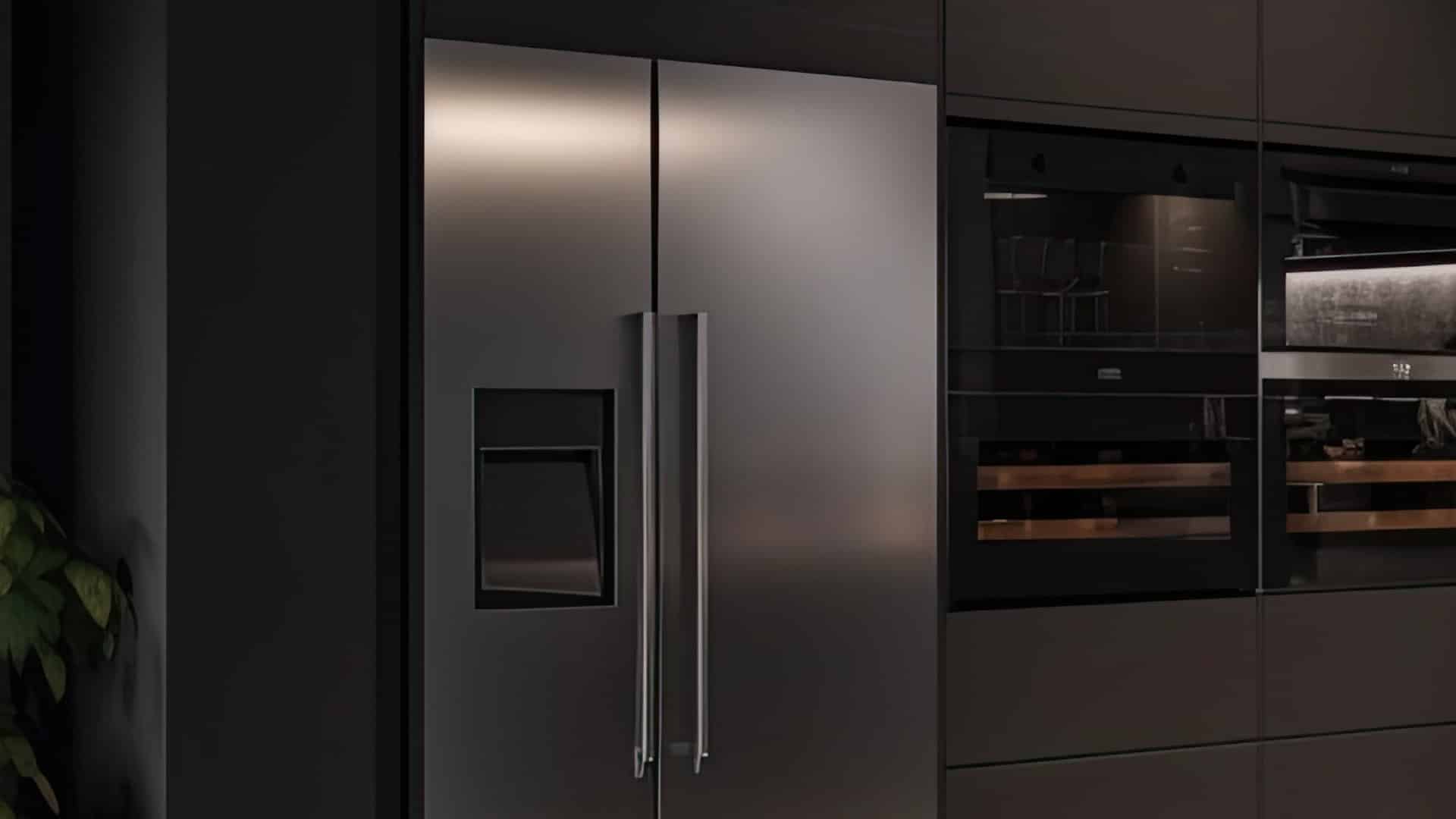
JennAir Ice Maker Not Working? Here’s What to Do
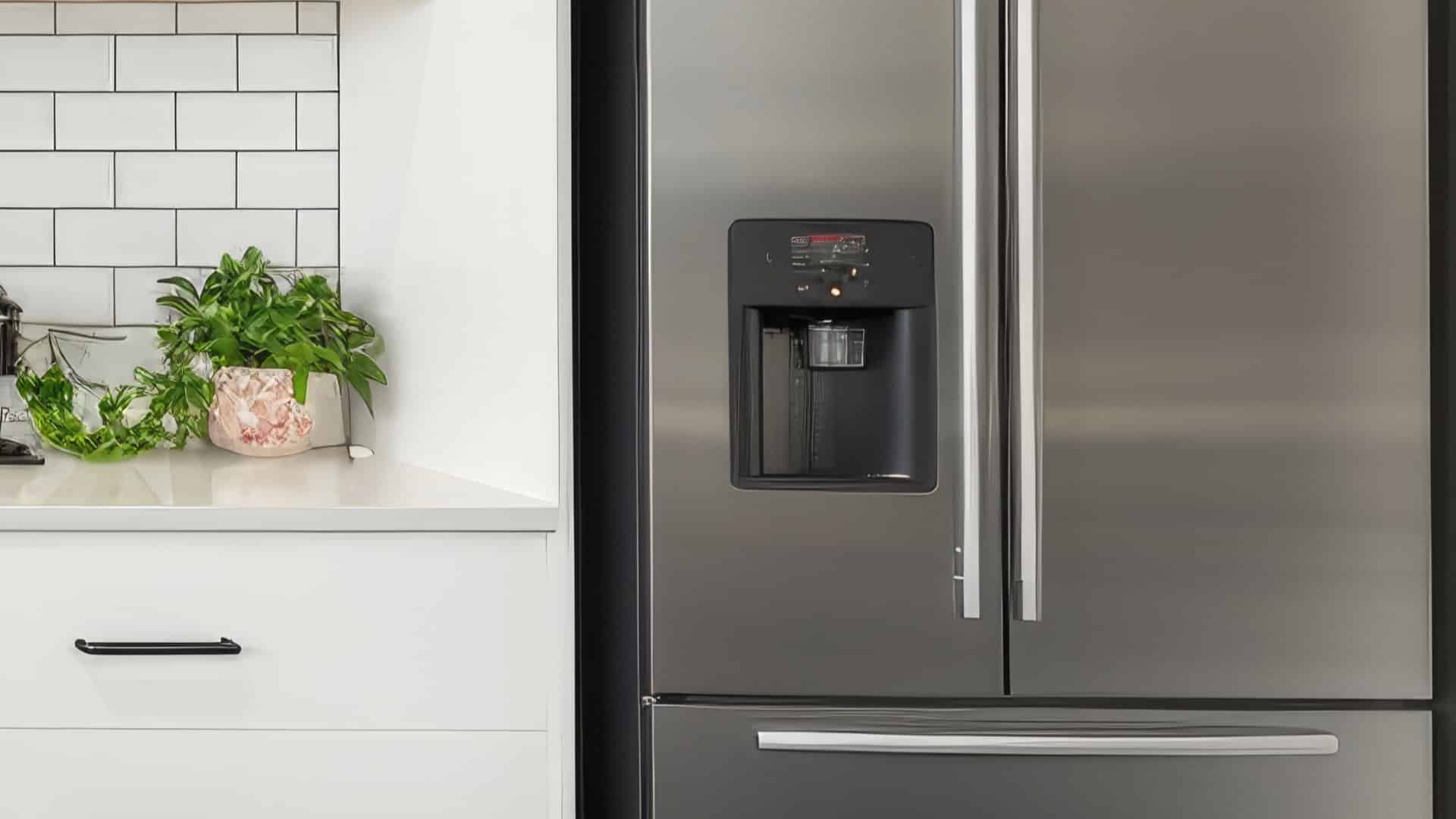
What to Do If Your LG Fridge Isn’t Cooling
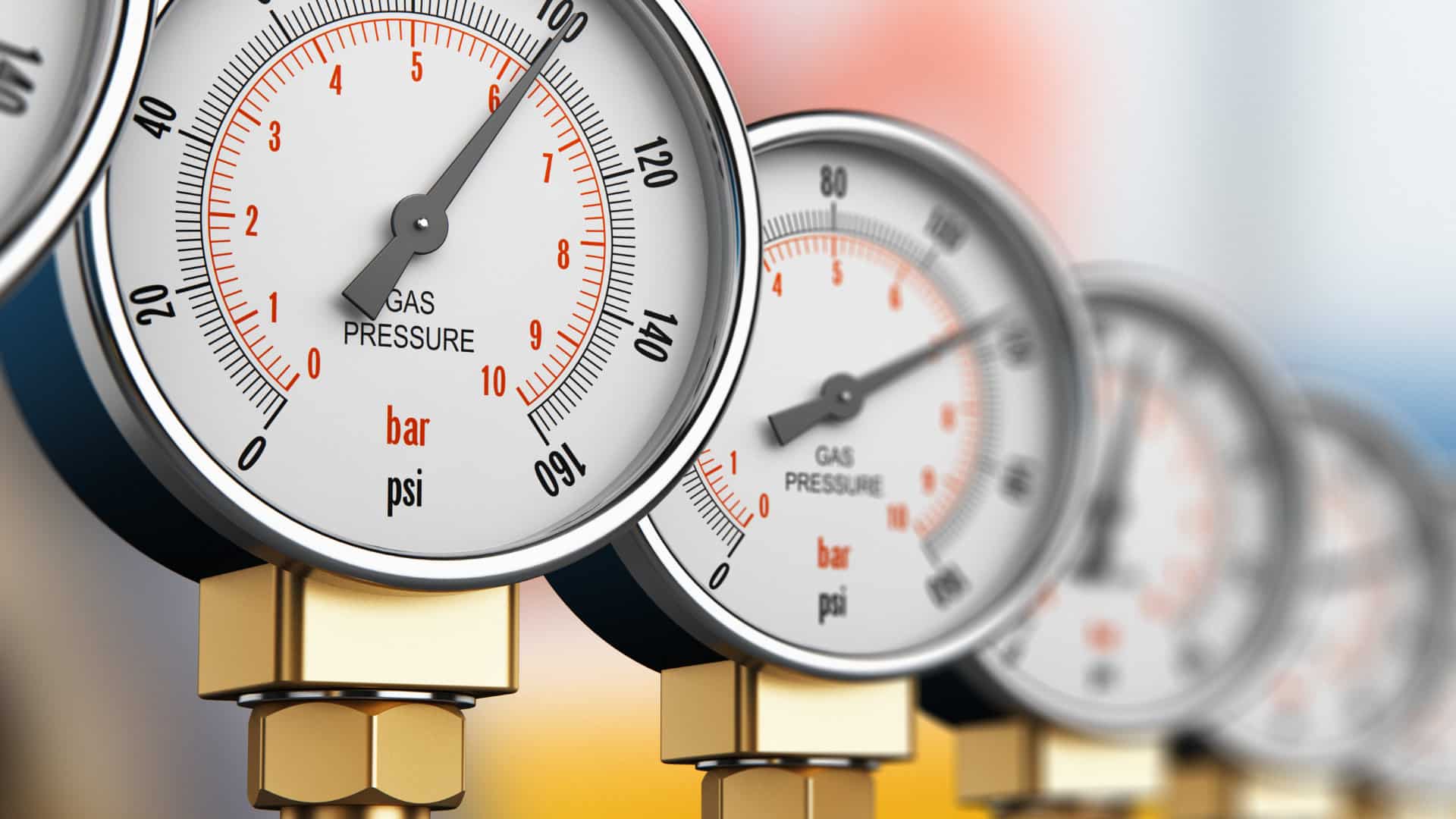
Propane vs. Natural Gas Stove: What’s Best?
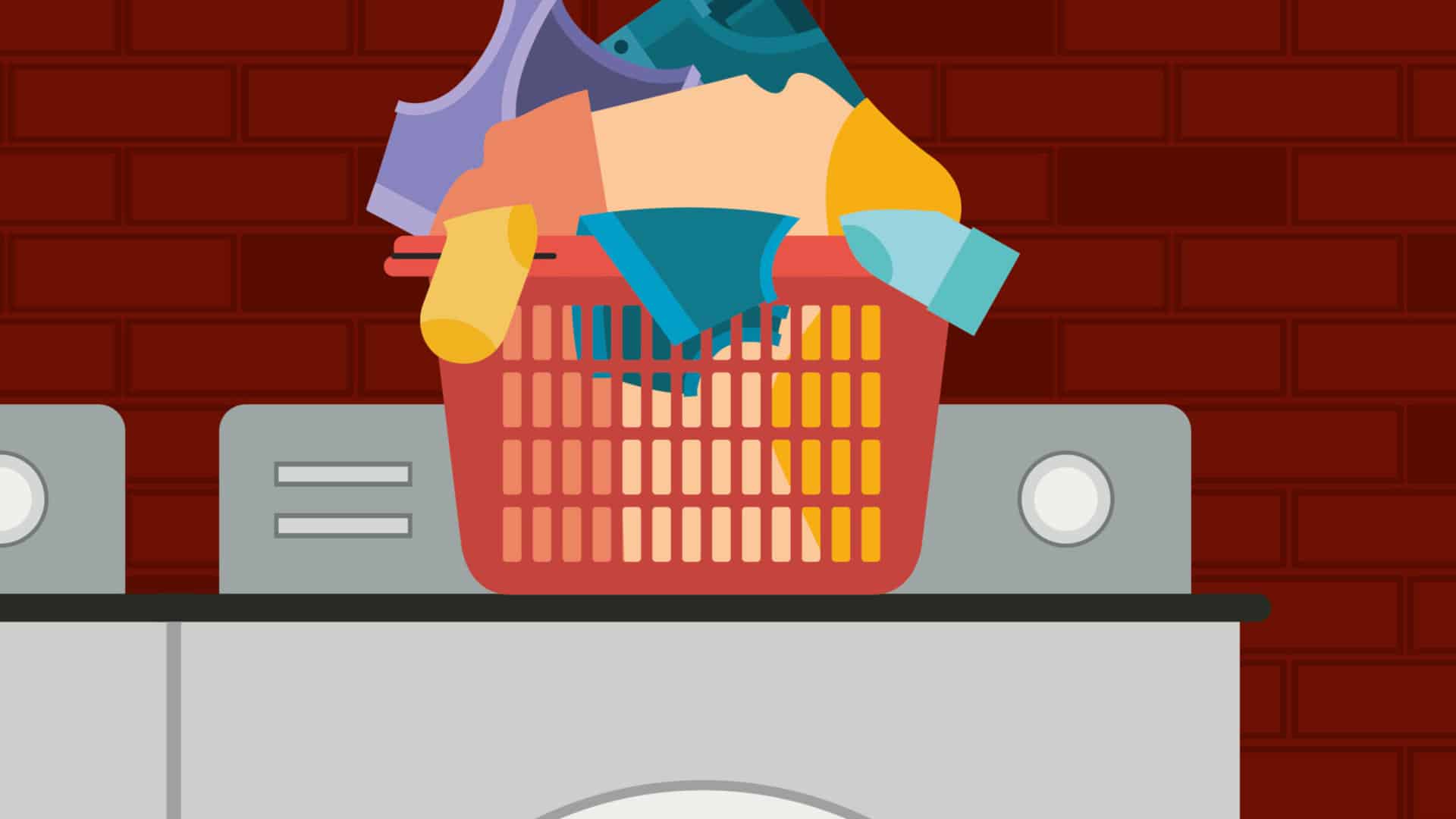
How Hot Does a Dryer Get?
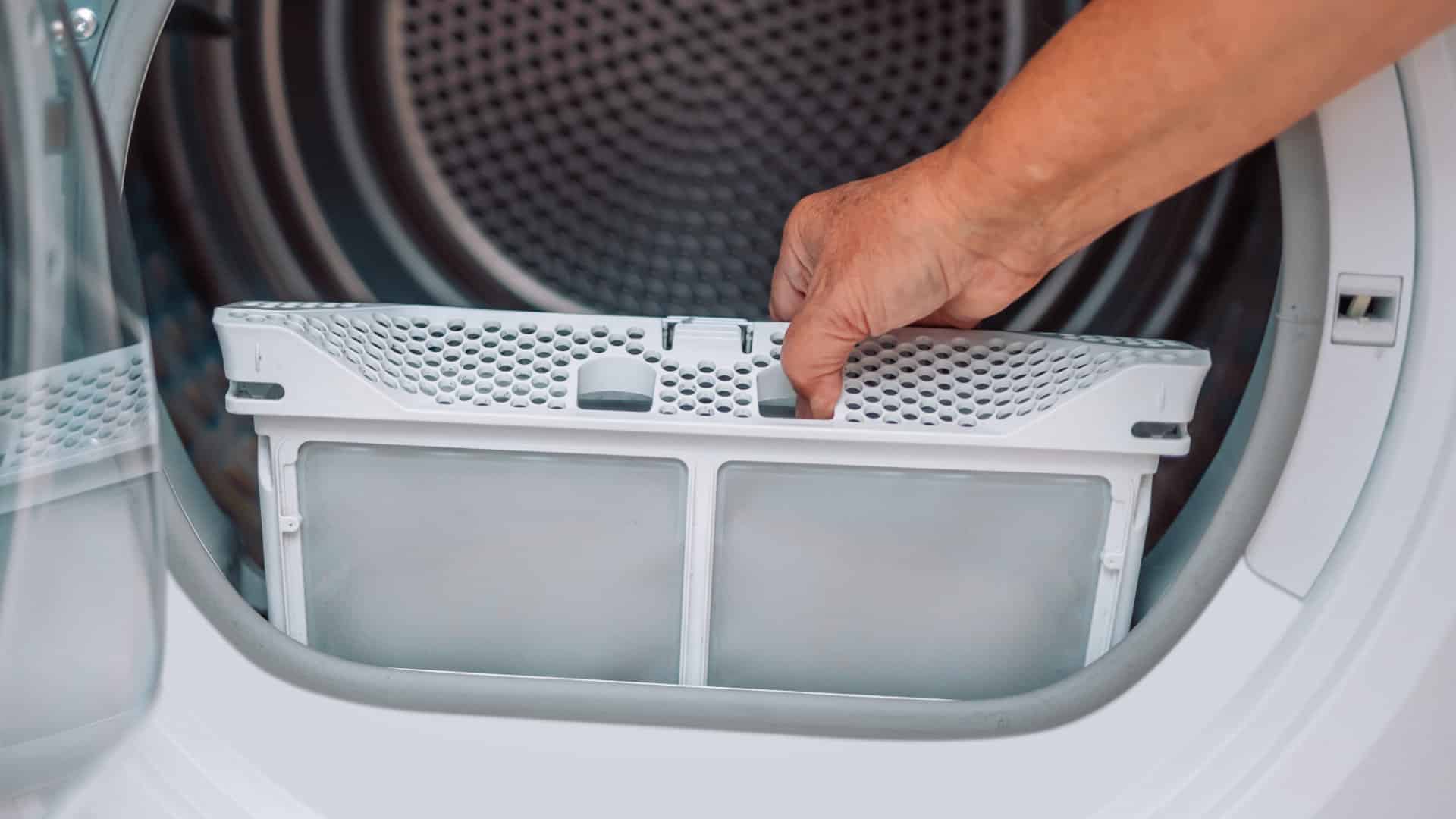
LG Dryer Flow Sense: Everything You Need to Know
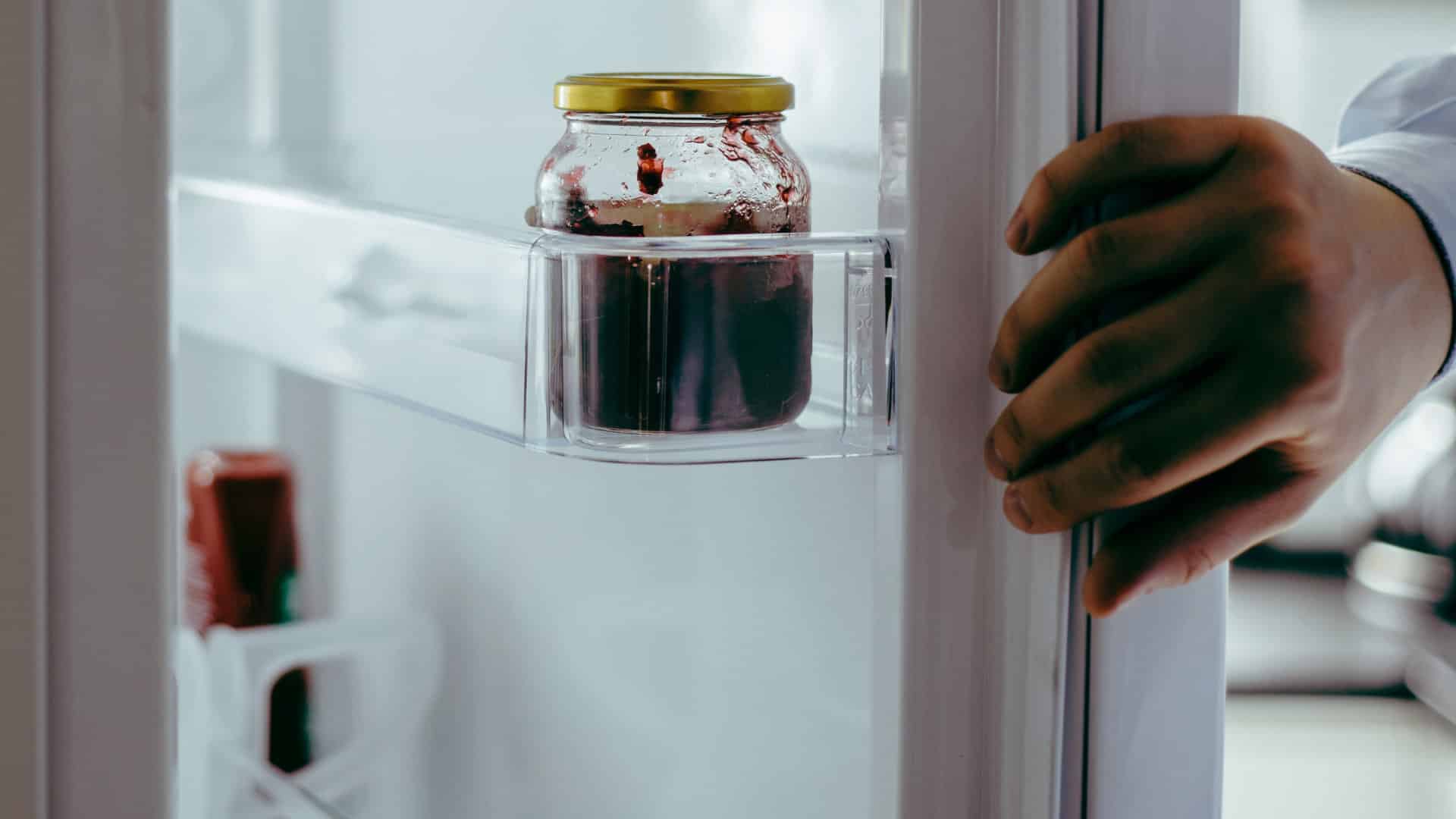
What to Do When Your Freezer Is Not Freezing but the Fridge Is Cold
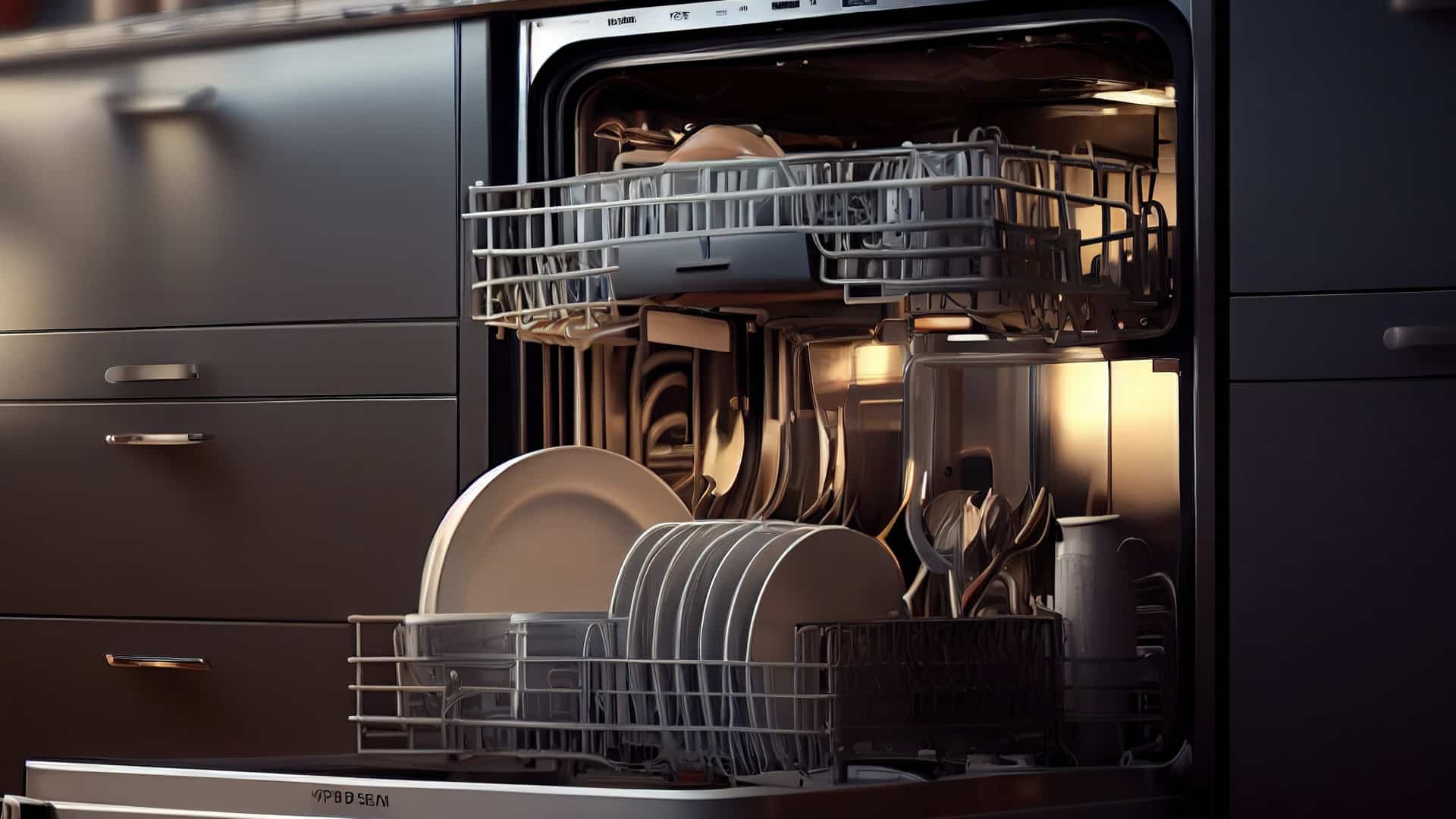
How to Solve Maytag Dishwasher Showing Error F9E1
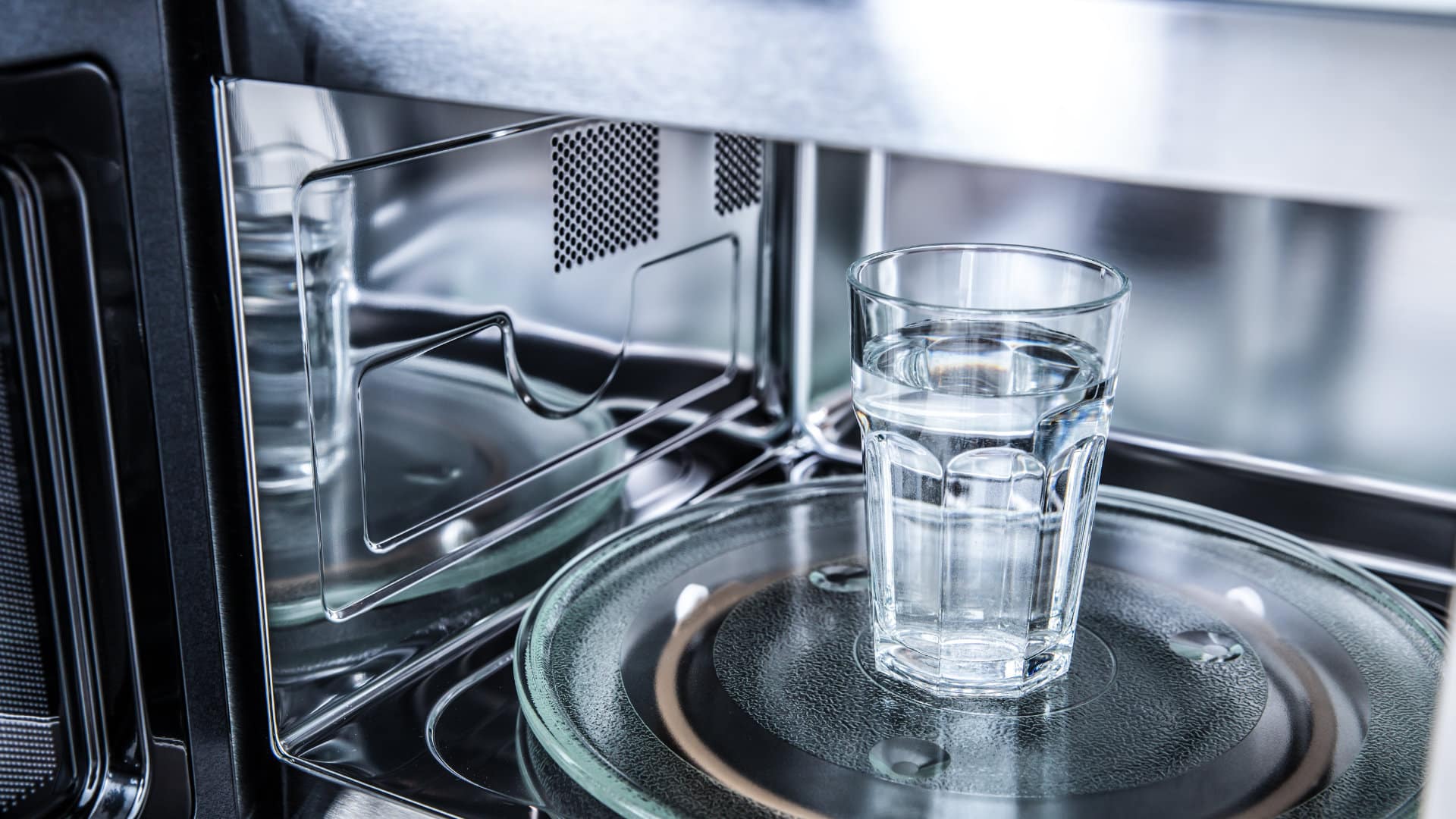
When Is a Microwave Unsafe to Use? (Warning Signs to Look For)
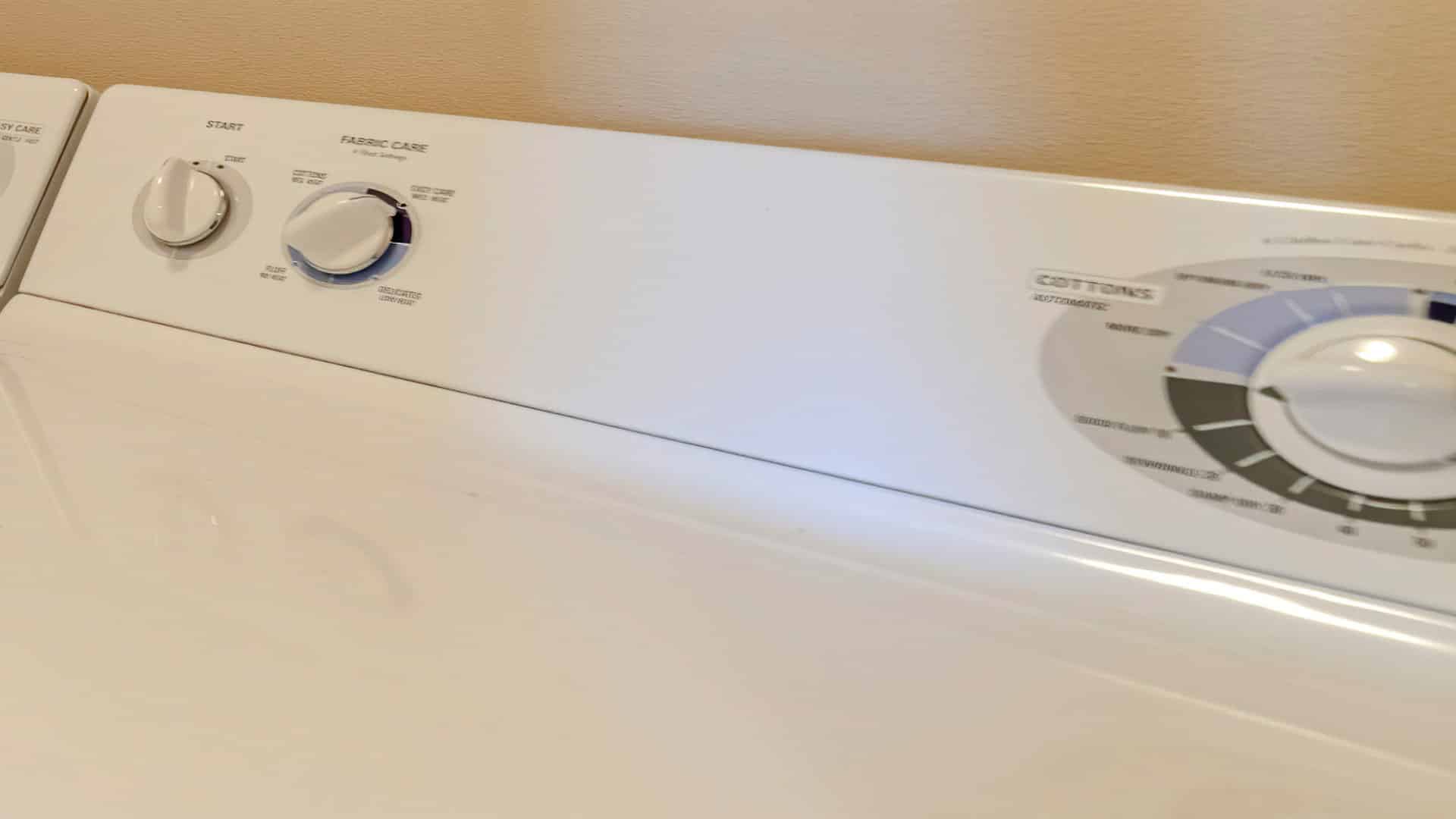
How to Fix a Squeaky Dryer (Step-by-Step)
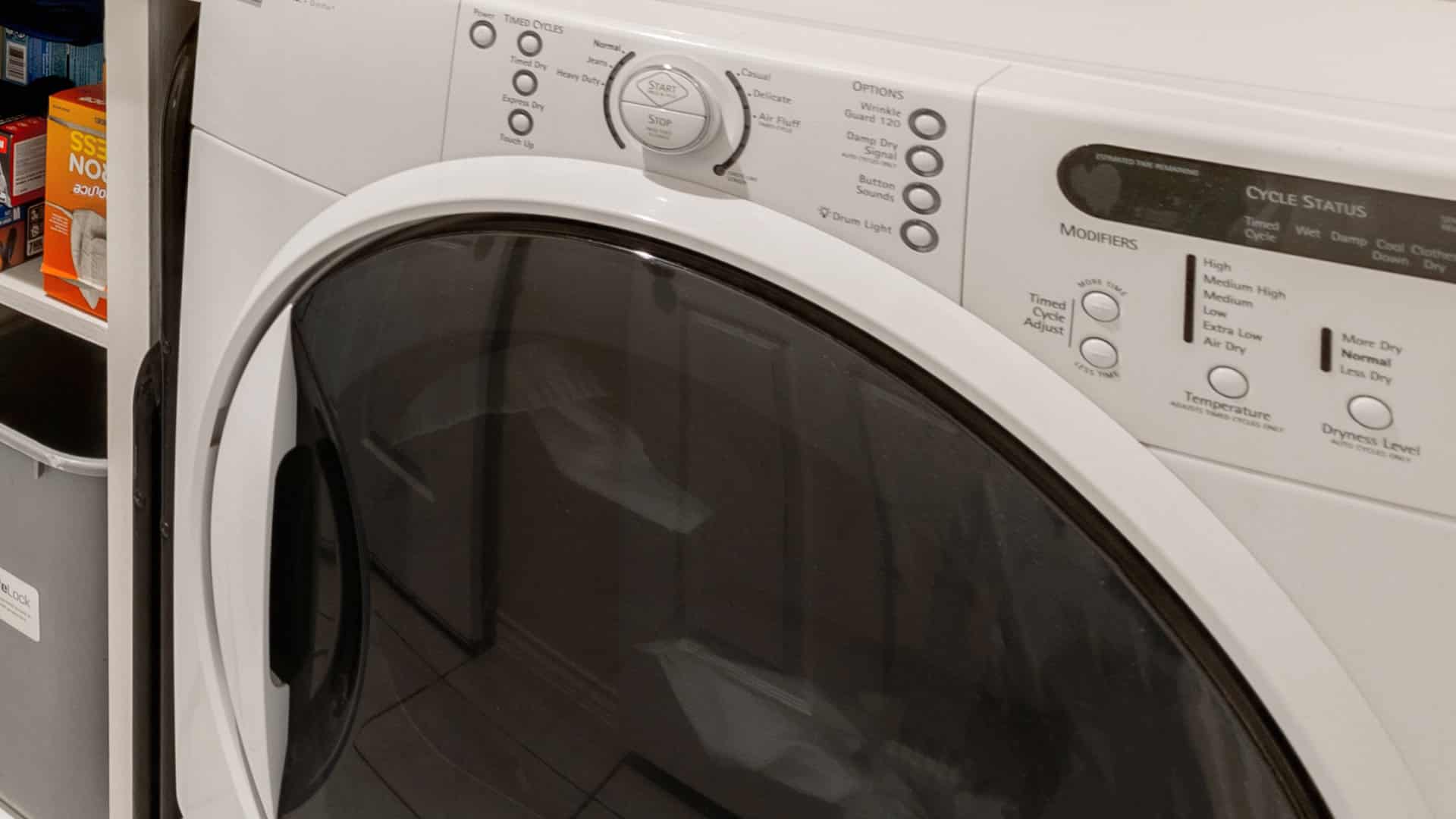
How To Remove Ink From Your Dryer
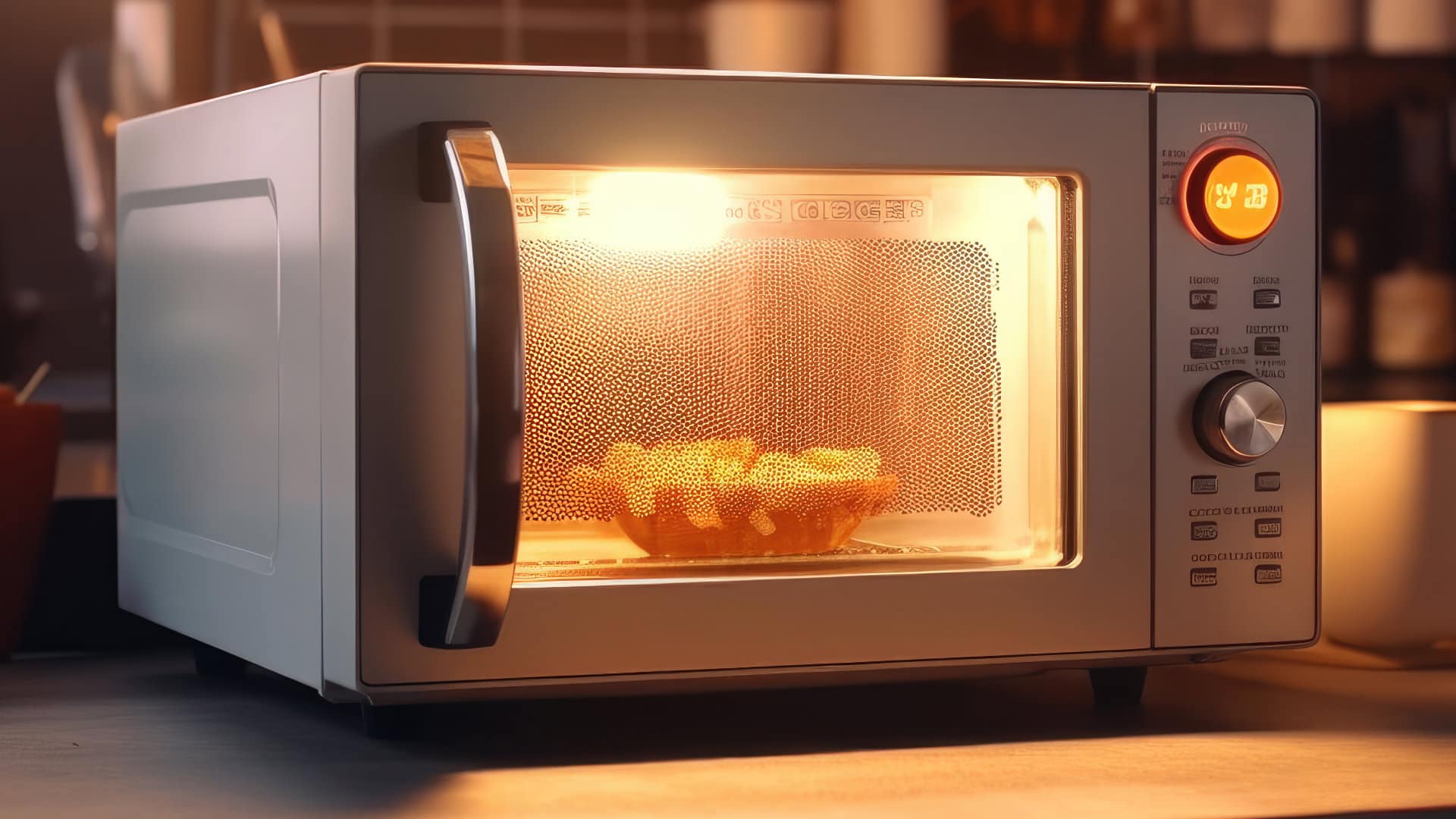
How To Fix an LG Microwave Not Heating
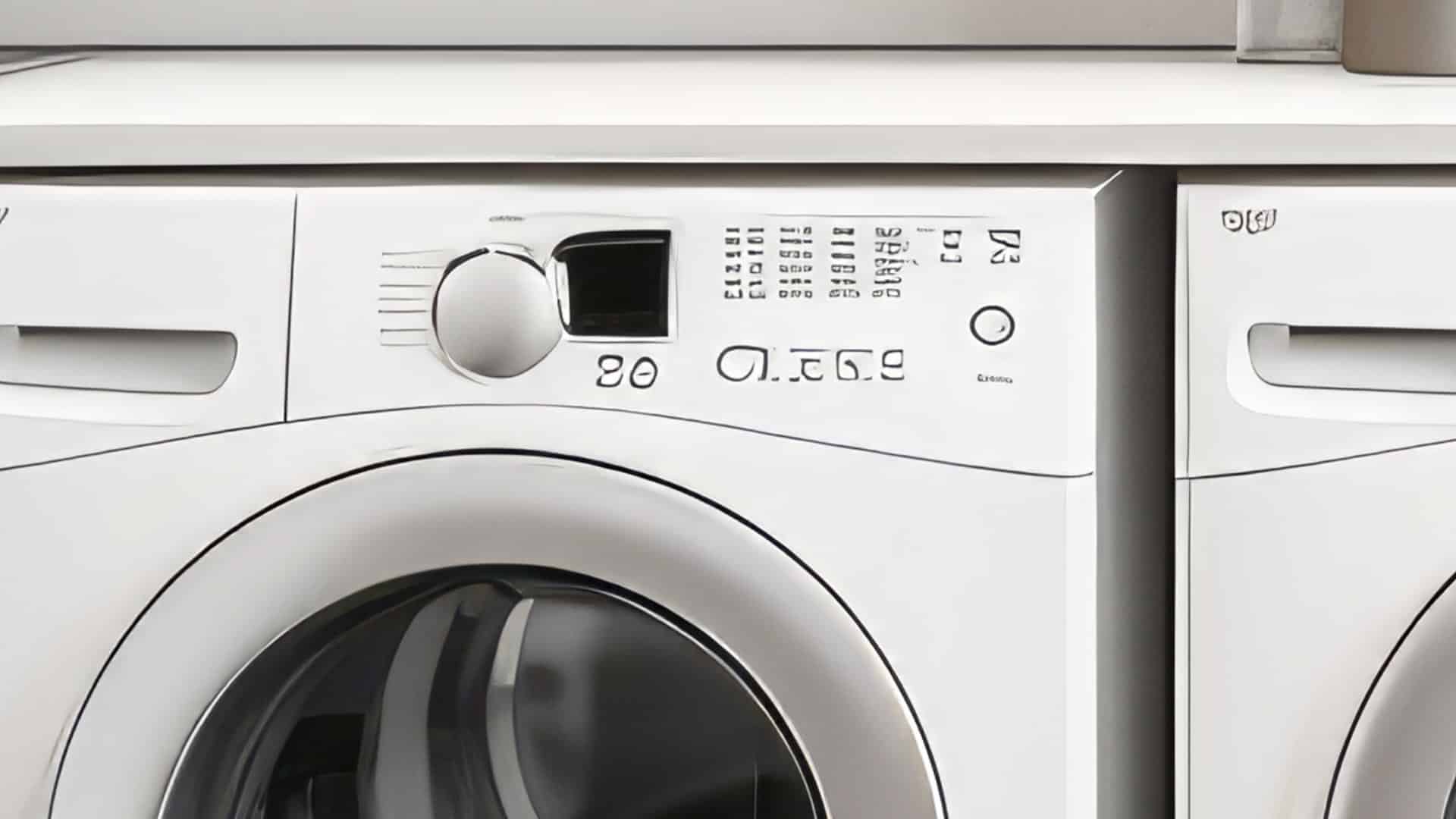
How To Fix a Maytag Washer Not Spinning
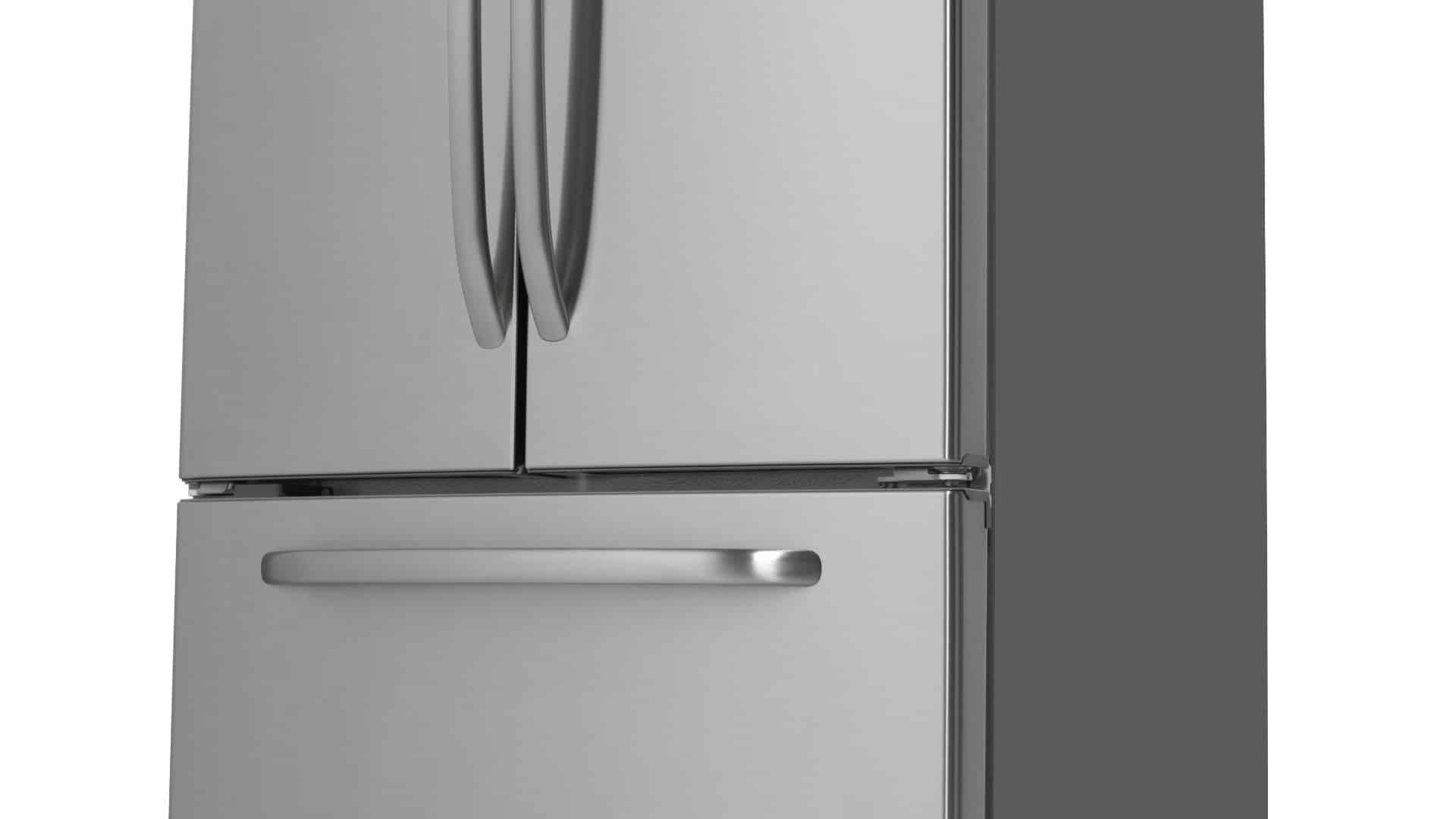
KitchenAid Refrigerator Not Making Ice? Here’s Why
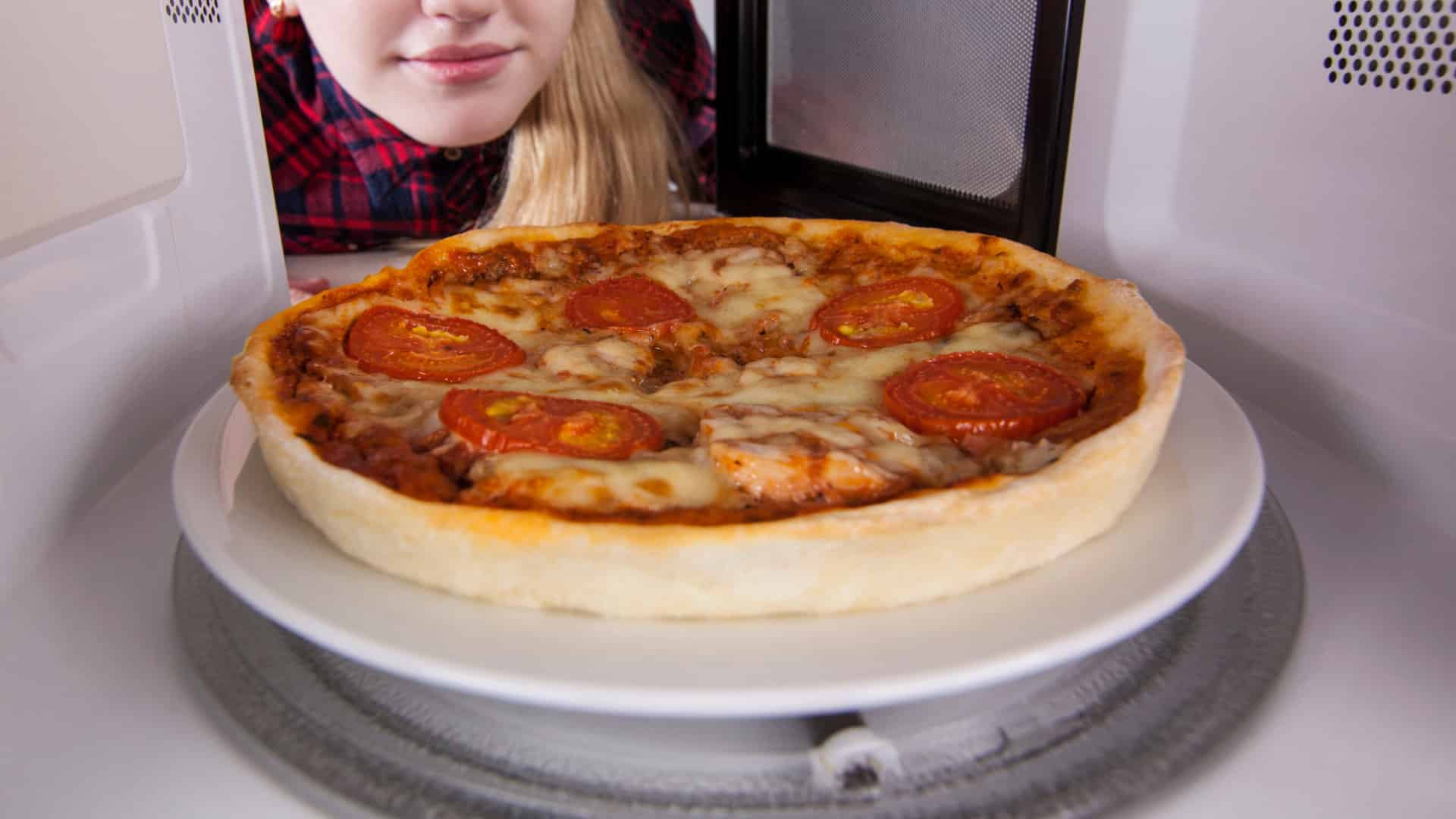
Whirlpool Microwave Door Error: How to Fix It
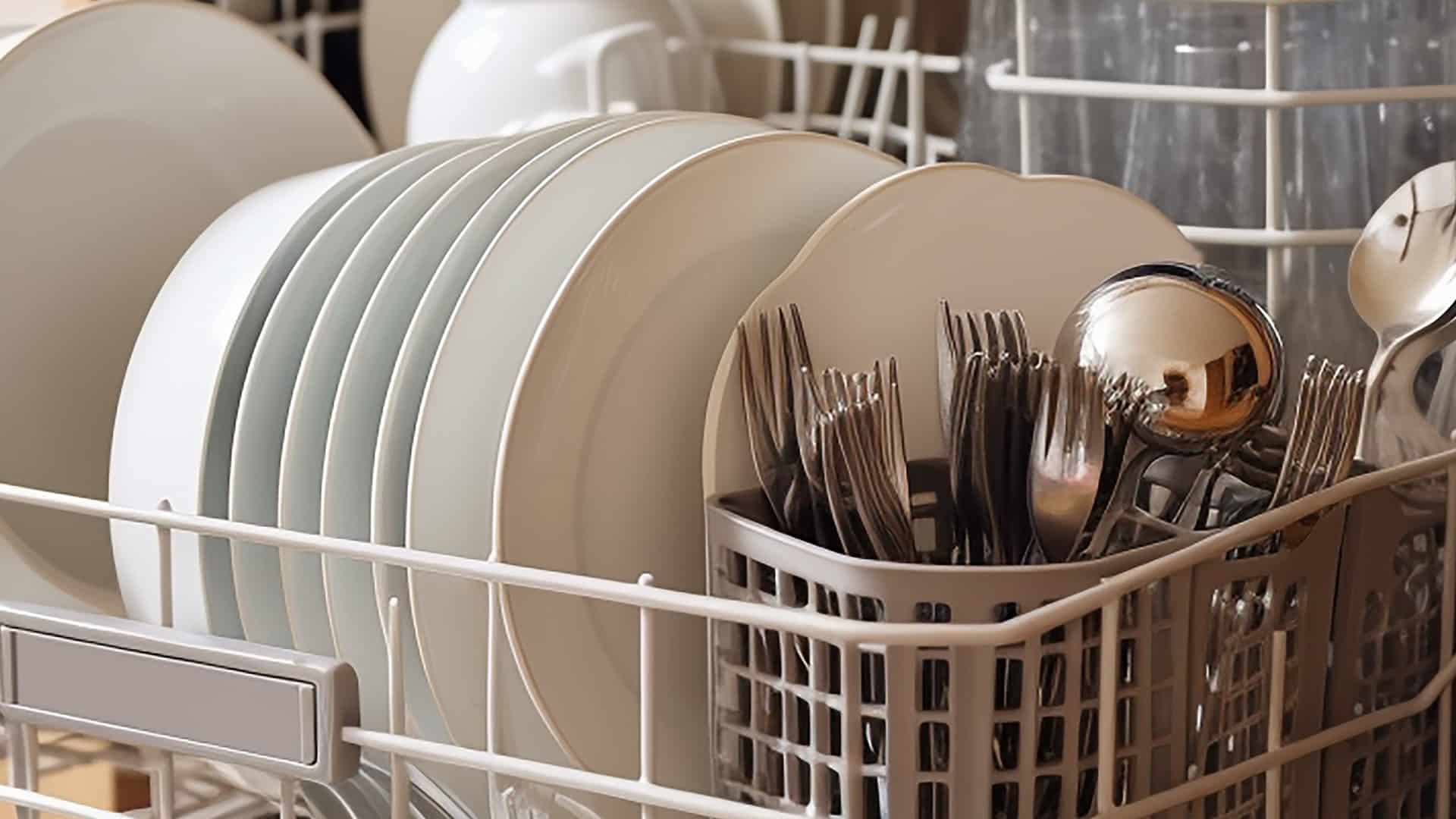
13 Things to Never Put in the Dishwasher
